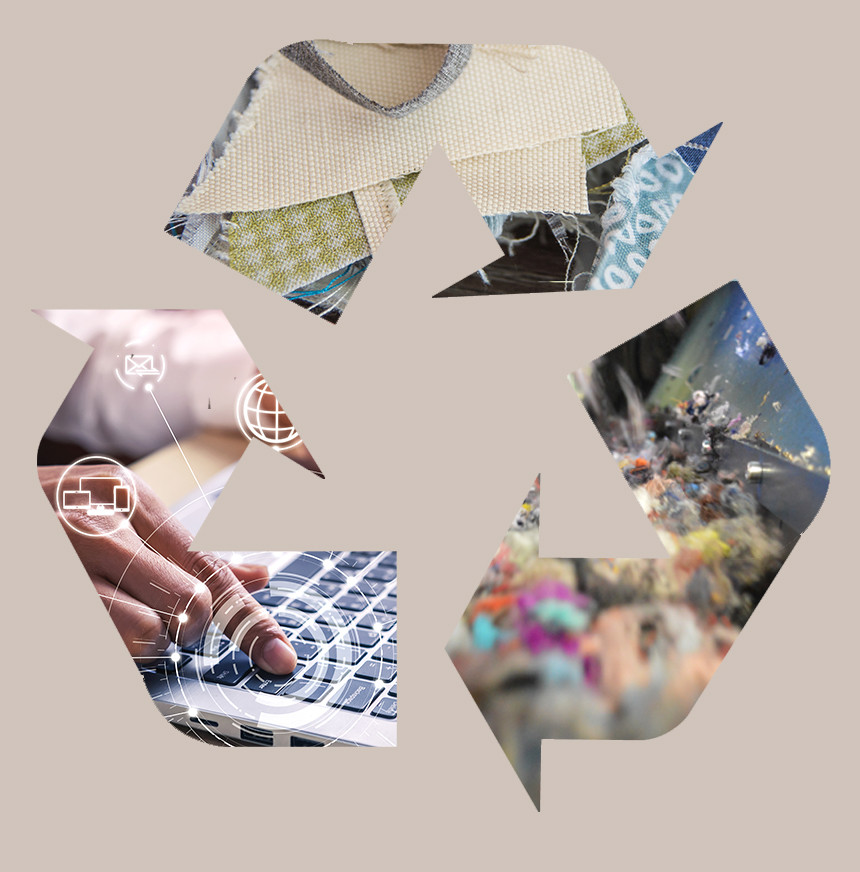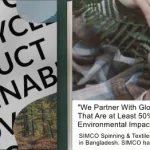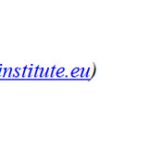 Brussels, 16 November 2020 – EURATEX unveils ReHubs, a joint initiative to upcycle textile waste and circular materials all over Europe. The aim is to create 5 hubs to process textile waste and become European coordination centres.
Brussels, 16 November 2020 – EURATEX unveils ReHubs, a joint initiative to upcycle textile waste and circular materials all over Europe. The aim is to create 5 hubs to process textile waste and become European coordination centres.
The traditional linear textile business model (from virgin materials to products and then waste), results in high consumption of raw materials and generation of waste, which contributes significantly to the large and negative environmental impact of the global textile industry.
While apparel is only one of several textiles’ applications, the global apparel production and consumption appear to have doubled over the past 15 years, generating higher waste.
Even if the amount of textile waste separately collected in Europe has increased over the last five years from an estimated 2 mln tons in 2014 to 2.8 mln tons in 2019, this volume is expected to increase substantially once the EU waste legislation will be put into practice by the end of 2024 as consequence of the EU Directive on Waste EU 2018/851.
In less than four years textile waste shall be collected separately and could total an amount between 4.2 to 5.5 mln tons which should be dealt with ideally within the EU. Some EU countries anticipate the deadline: Finland targets separate textiles waste collection by 2023 and Italy even by 2022
For non-collected textile waste, currently there are neither viable re-use solutions, nor alternatives to incineration or landfill which is meant to be abandoned. There is simply no large-scale plan in Europe to manage all textile waste streams.
The European textile industry is renowned for its high-quality products and a front runner in the shift to circularity. Companies have already been investing and introduced circularity in both production and products. However, most of the solutions already on the market or at R&D stage, represent small portions of their business models. Companies face financial & technological barriers which they cannot address alone and therefore need collaboration across value chains.
In line with the EU ambitions of the Green Deal and the transition into Circular Economy, collaboration can turn a societal waste problem into a business opportunity for European SMEs and large business alike, as well as a new source of job creation in Europe.
Therefore, EURATEX, the European Apparel and Textile Confederation, proposes the development and set up of European Textile Recycling Hubs (ReHubs).





